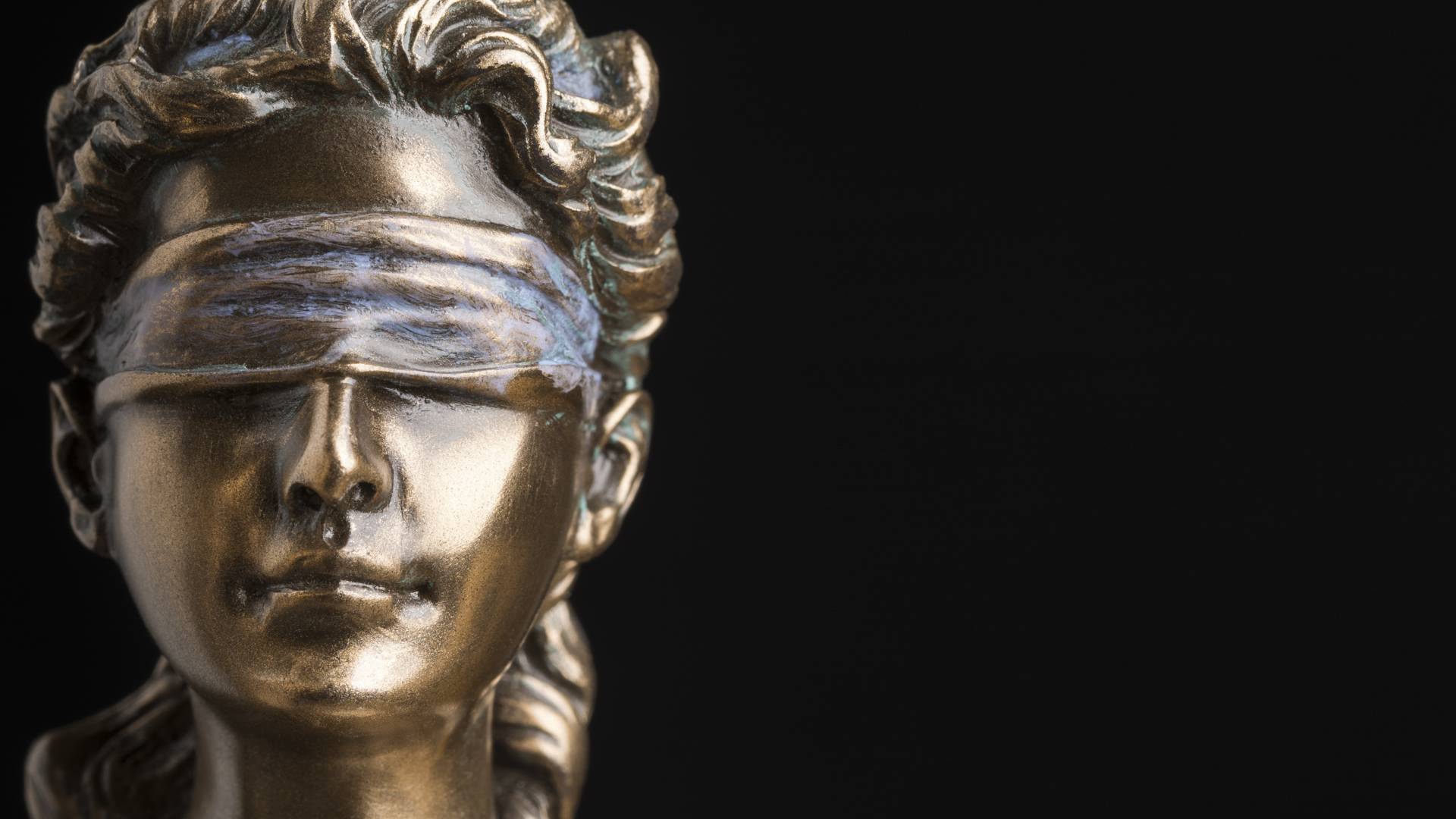Slip-and-fall claims get a bad reputation in our culture. The very idea is often the punchline of jokes against lawsuits and lawyers. People often view slip-and-fall suits as frivolous. “If someone falls over,” they think, “why is that the property owner’s fault?”
It’s easy to slip into these assumptions, but here is another side to this story. When someone is hurt through no fault of their own, why should they be responsible for the aftermath of that injury? Injuries damage not only your body, but they also hurt your finances. Medical bills are expensive in this country, and they can easily pile up. An injury tends to result in a loss of income as well, as you need to take time off work to recover. Sometimes, that recovery hinders your career advancement, making you miss promotions or advancements. In a system where money is tied to survival, financial loss can be just as devastating as the injury itself.
In the light of this viewpoint, a slip-and-fall claim doesn’t appear legally haphazard. Here are some concrete reasons to justify a slip-and-fall lawsuit.
Property Owners Can Be Guilty of Negligence
Business and private landowners can be responsible for creating hazardous environments. When they fail to care for their guests, they are guilty of negligence. If you are harmed by these hazards, that is not your fault, and you shouldn’t take on the brunt of the financial impact.
Landowners Have Different Degrees of Liability
Business Owners
For a moment, consider the purpose of business property. It is, ostensibly, purchased and used with one goal in mind, making money. That money comes from customers and clients. Now consider money’s function in our society. Without a steady income, a person isn’t likely to survive. Therefore, customers and clients are making a big sacrifice when spending money.
When a customer is willing to spend their money, they are depleting their own resources to fund that business. Therefore, business owners have a high degree of responsibility for their customers’ safety.
A slip-and-fall case that seems frivolous at first glance makes more sense when you consider business liability. Imagine a single mother in the grocery store, trying to get her shopping done while wrangling the kids. She doesn’t notice the can of soup that’s been left in the middle of the aisle. She slips on it, damaging her lower back.
In this scenario, the business is responsible for keeping its aisles free from danger. If the mother was the one who dropped the can, she doesn’t have a strong case for a lawsuit. If, however, that can had been in the aisle for several minutes, ignored by employees and managers, the mother can make a reasonable case against this grocery store.
Private Landowners
Homeowners have far less responsibility toward their guests than businesses. When you are allowed on private land, you become a “licensee.” Essentially, the owner is giving you “license” to use their property.
Private landowners have a responsibility to warn you of unreasonable dangers on their property. Say there is a loose rake in the yard, buried under uncut grass. If you weren’t warned of this danger, and you step on it, cutting your foot, the landowner could be liable for that injury. However, once you are warned, it’s your responsibility to avoid it. As a licensee, you are taking on the risk of visiting that property.
Homeowners also can’t be grossly negligent toward their guests. They shouldn’t, for example, pull pranks where they set up dangerous traps for their visitors. They also can’t pile dangerous items against your guestroom door, having them fall on you when you open it in the morning. These are silly examples, but they illustrate an important point. Private landowners can’t intentionally create hazardous environments for their guests.
Lawsuits Often Yield Reasonable Results
People often view lawsuit decisions as imbalanced, which can enhance the negative view of slip-and-fall cases. Remember, lawsuits are not about getting rich quickly. They are about directly compensating someone for their injuries.
When you hear about the large rewards given in a lawsuit, remember, most of that money is already spent. Someone already paid bast medical bills, or they are in debt trying to pay them. This person already lost a certain amount of income by missing work, or they missed career opportunities while in recovery. Lawsuits are designed to recover money, not to dump unreasonable sums of money in people’s laps.
“Non-economic” damages also exist, but these are also rooted in pragmatic reality. Lawyers use sophisticated systems to ask for pain and suffering damages. Typically, they will ask for one day of the plaintiff’s income for each day the plaintiff suffered. In more severe cases, they will take the total of the medical bills and multiply them by the degree of misery the plaintiff endured. Pain and suffering is not a magic, arbitrary number designed to make someone wealthy.
If you’ve been hurt in a slip-and-fall accident, talk to an attorney about your options. You may be entitled to a reasonable amount of compensation designed to help you recover financially. Our team can review your case, so call us at (803) 938-4952 or contact us online.
